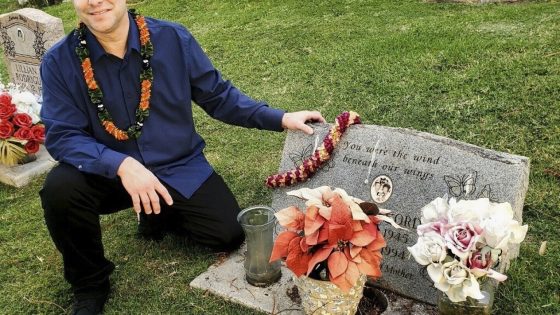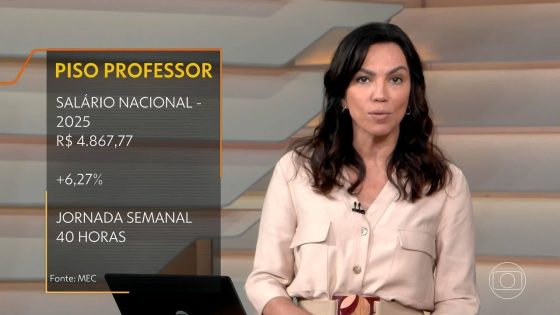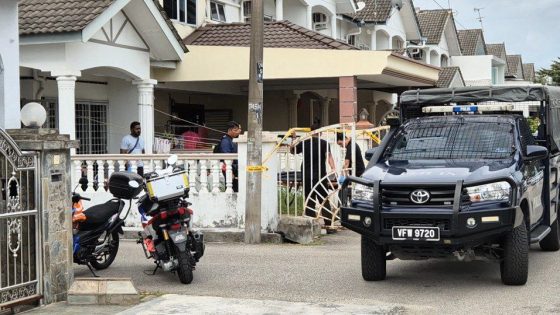Gordon Cordeiro, who spent 30 years in prison for a murder he maintained he did not commit, was released on February 23, 2025, after new DNA evidence led to the overturning of his conviction. The judge’s ruling came after it was determined that the new evidence would likely change the outcome of a retrial for the 1994 shooting of Timothy Blaisdell on Maui.
- Gordon Cordeiro released after 30 years in prison
- Visited mother's grave on first day of freedom
- New DNA evidence overturned his conviction
- Maui has changed significantly since incarceration
- Cordeiro adjusting to modern technology usage
- Plans to give back to the community
Cordeiro reflected on his first day of freedom by visiting his mother’s grave in Hawaii. Paulette Cordeiro passed away from ALS just weeks before her son’s arrest in October 1994. During his incarceration, Cordeiro often thought about her and expressed gratitude at her gravesite for watching over him during those difficult years.
The courtroom erupted with emotion when Judge Kirstin Hamman announced the vacating of Cordeiro’s sentence. His original trial resulted in a hung jury, but he was later convicted based on evidence that has now been called into question due to advancements in DNA testing. Key facts include:
- Cordeiro was sentenced to life without parole.
- New testing excluded him as the source of DNA found at the crime scene.
- A profile of an unidentified person was discovered on Blaisdell’s jeans.
After celebrating with family and reflecting on changes in Maui—including the destruction caused by wildfires—Cordeiro is adjusting to life outside prison. He noted how technology has changed significantly since he last experienced it, mentioning that everyone seems focused on their smartphones now. His immediate plans involve helping with family projects and possibly giving back to the community.
Cordeiro’s release highlights both personal triumph and broader issues regarding justice reform and wrongful convictions, raising awareness about how advancements like DNA testing can exonerate individuals wrongfully imprisoned.































